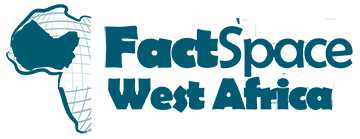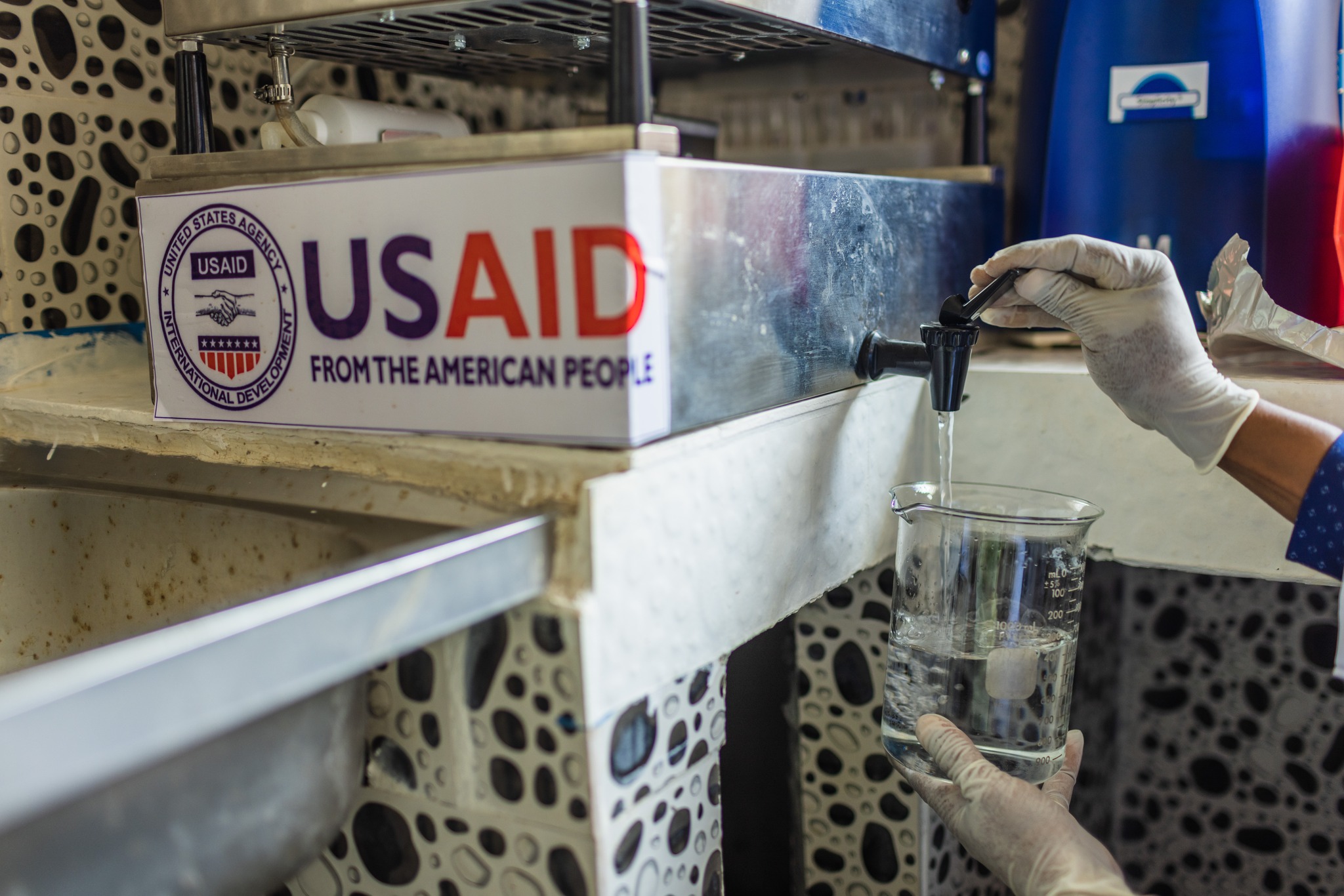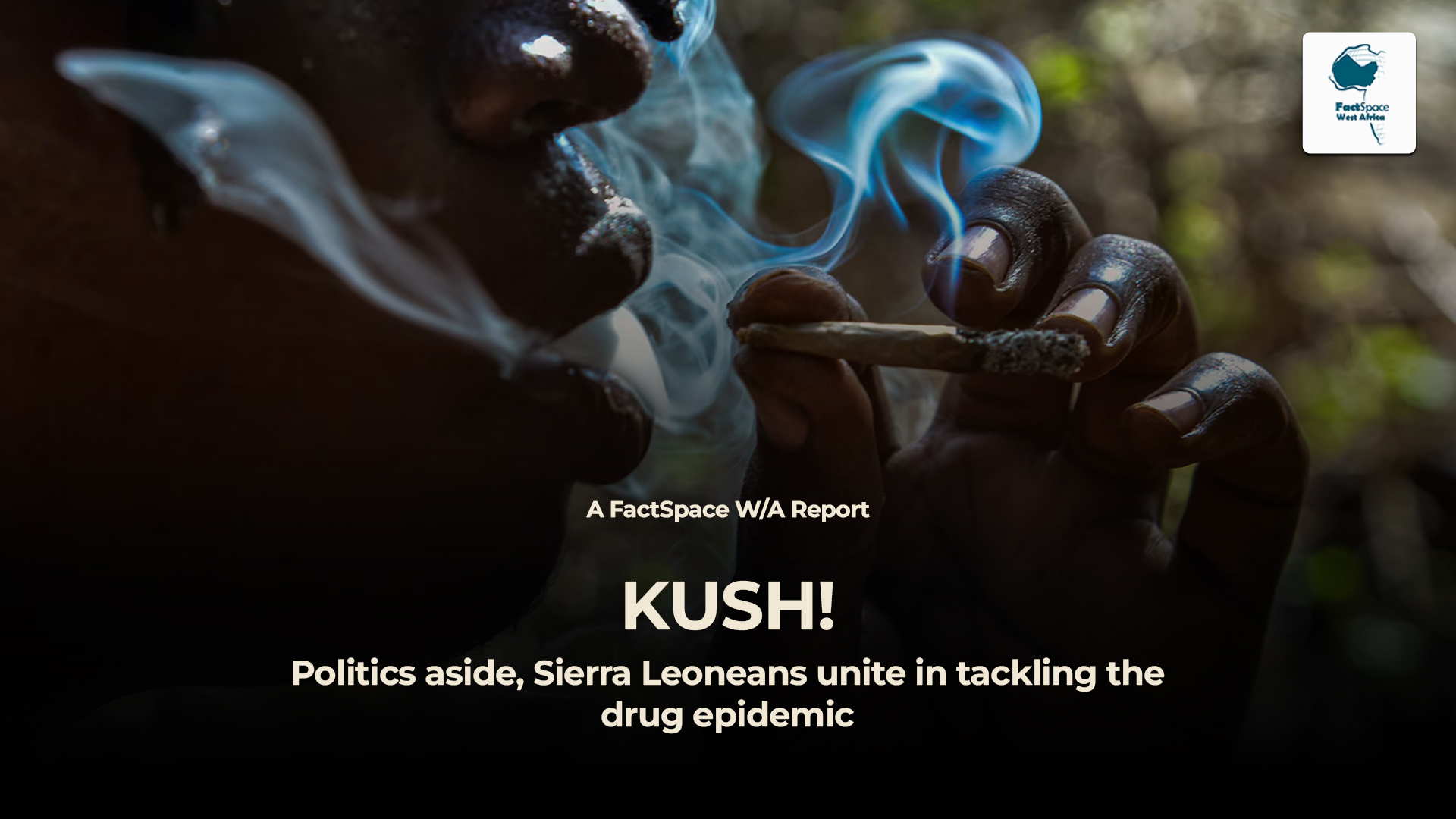For a very long time, most developing nations depend on donor funding for critical aspects of their development financing. This is especially true for African governments, which rely on foreign aid to fully fund or supplement budgetary allocations in key sectors of national life.
A key source of donor funding has been the United States Agency for International Development (USAID), a wing of the US Department of State under the American foreign ministry, which has been supporting governments worldwide on different interventions.
USAID is a wing of the US Department of State, the American foreign ministry.
In Sub-Saharan Africa, USAID funds have been critical in areas, like health, education, gender development, entrepreneurship, democratic consolidation and the information space.
So, when United States President Donald Trump, just days into his second term as president, signalled the drawing down of USAID activities, concerns were raised about the significant funding gap that will be created.
That notwithstanding, on January 20, 2025, Trump signed an Executive Order titled: “REEVALUATING AND REALIGNING UNITED STATES FOREIGN AID.”
The order stated among others that: “The United States foreign aid industry and bureaucracy are not aligned with American interests and in many cases antithetical to American values. They serve to destabilise world peace by promoting ideas in foreign countries that are directly inverse to harmonious and stable relations internal to and among countries.”
The order subsequently slapped a “90-day pause in United States foreign development assistance for assessment of programmatic efficiencies and consistency with United States foreign policy.”
Even as the orders were being signed in Washington DC, the ripples were felt worldwide, especially in sub-Saharan Africa. It is worth noting that days after the EI was signed, Trump approved a temporary waiver for life-saving humanitarian assistance, covering medicine, medical services, food, and shelter.
In this report, we explore how five West African governments have reacted to the funding cuts, the impact expected and the immediate measures being put in place to mitigate any adverse consequences.
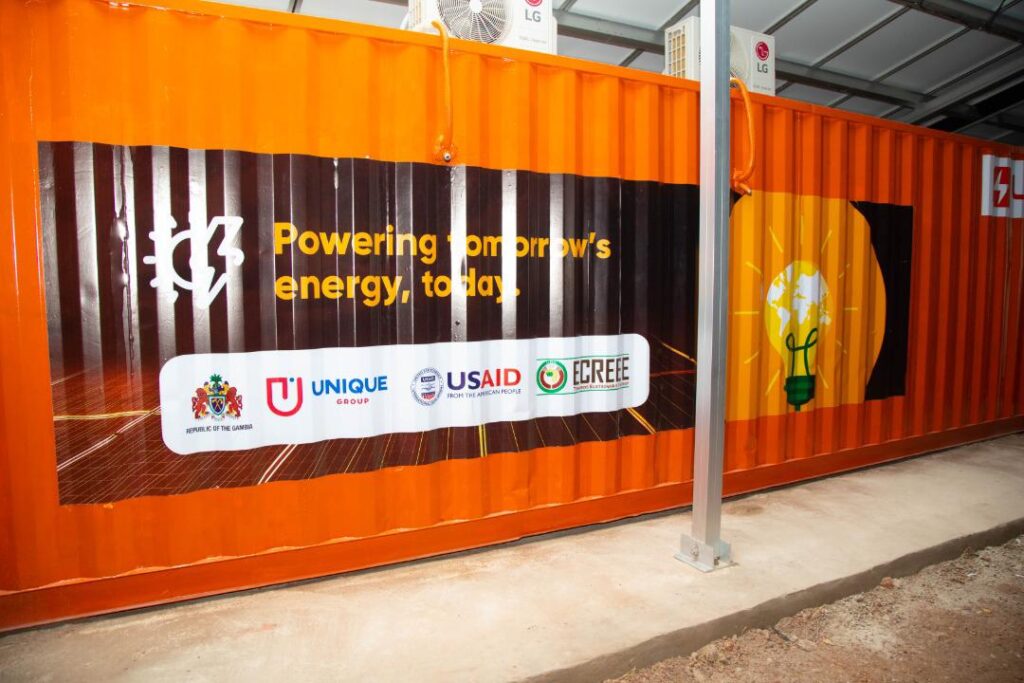
President John Dramani Mahama in a statement on February 11, 2025, instructed his Finance Minister, Cassiel Ato Forson, to address the significant funding gaps caused by the suspension of USAID’s international funding programme.
“The suspension has left a shortfall estimated at $156 million, with critical health and social intervention programmes at risk of disruption,” an article by the presidency said.
“Of particular concern is the projected $78.2 million shortfall that threatens essential programmes in malaria prevention, maternal and child health, family planning, reproductive health, nutrition, and the fight against HIV/AIDS,” it added.
Speaking at an engagement in Germany on February 14, the President reiterated the need to address the USAID funding gap. He advocated the need for increased intra-Africa trade through the Africa Continental Free Trade Area (AfCFTA)
“It is an opportunity for Africa to increase food production and so if that aid stops coming, we would do the investments that are necessary to make our farmers more productive so that we can establish food security in Africa instead of waiting for those USAID handouts to come,” he said.
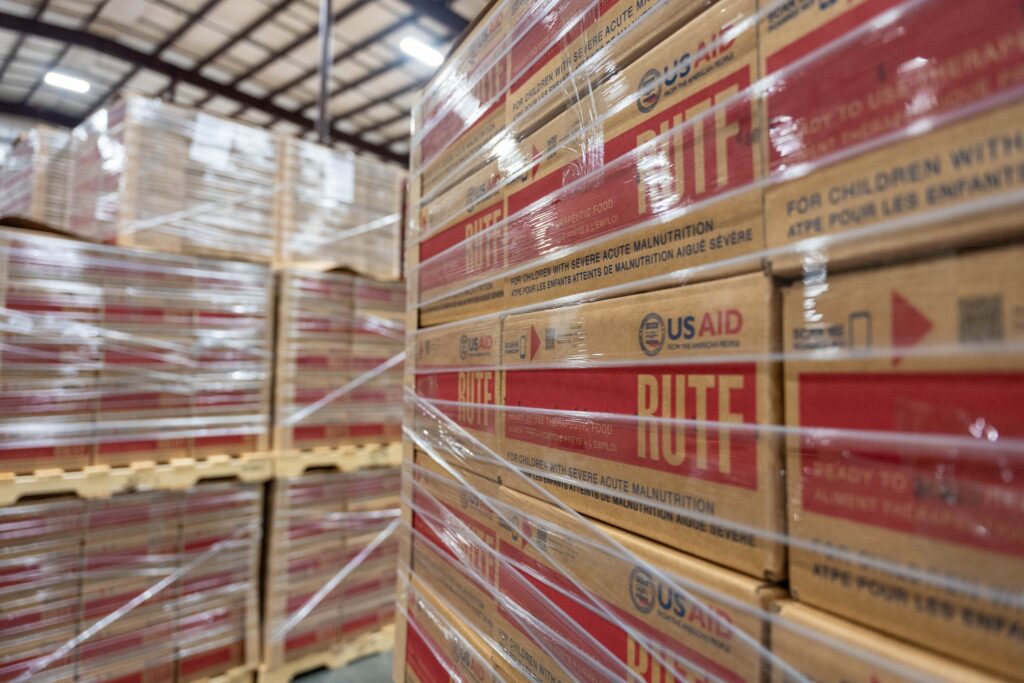
On February 4, 2025, two weeks after Trump signed the Executive Order freezing USAID funding, the Federal Government of Nigeria launched a committee to develop a transition and sustainability plan for USAID-funded health programmes.
Africa’s most populous nation was one of the biggest beneficiaries of USAID interventions especially in the area of health, specifically in the treatment of malaria and HIV/AIDS.
Nigeria’s health minister said the committee—comprising officials from the ministries of finance, health, and environment—intends to ensure that patients receiving treatment for HIV, tuberculosis, and malaria do not experience setbacks amid the uncertainty over U.S. foreign policy.
Nigeria is a significant recipient of U.S. foreign aid, receiving $1.2 billion in 2023, through agencies like USAID. USAID funding to Nigeria also plays pivotal roles in HIV/AIDS treatment, maternal and child care, and disease prevention efforts.
The Nigerian Federal Executive Council (i.e. the cabinet of President Bola Ahmed Tinubu) approved US$1 billion for healthcare sector reforms, allocating an additional $3.2 million to procure 150,000 HIV treatment packs over the next four months.
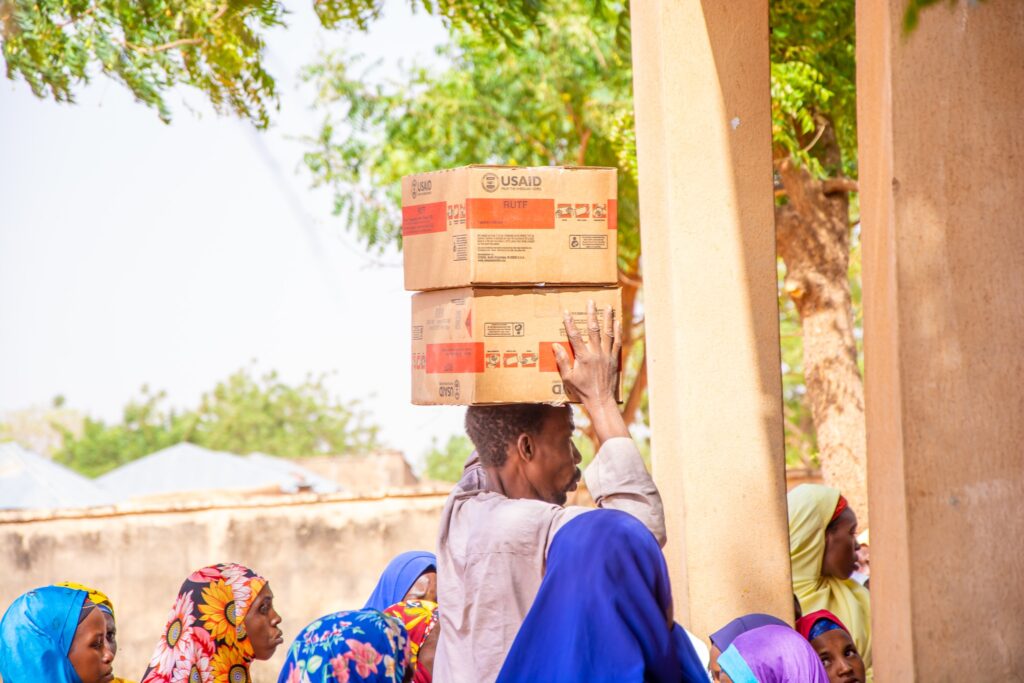
Over in Liberia, the Finance Minister disclosed in an interview with Voice of America that the US Ambassador had confirmed that some seven projects had been affected by the USAID cut.
He highlighted the cancellation of a $17 million USAID-sponsored project, which covers health, education, elections, and local tax mobilisation, will have a direct and indirect impact on the country’s development.
“There are projects in education, there are projects in health, there are projects in governance, support to the Electoral Commission,” he said, adding that USAID had also been supporting a lot of NGOs.
Augustine Ngafuan said USAID was Liberia’s second largest donor besides the World Bank, having committed over 430 million dollars to Liberia for the period, between 2022 and 2029.
Minister Ngafuan, however, insists that Liberia remained resilient and is undertaking an assessment of the full impact of the aid freeze to reset priorities and re-engage with other partners to lessen the impact of the development.
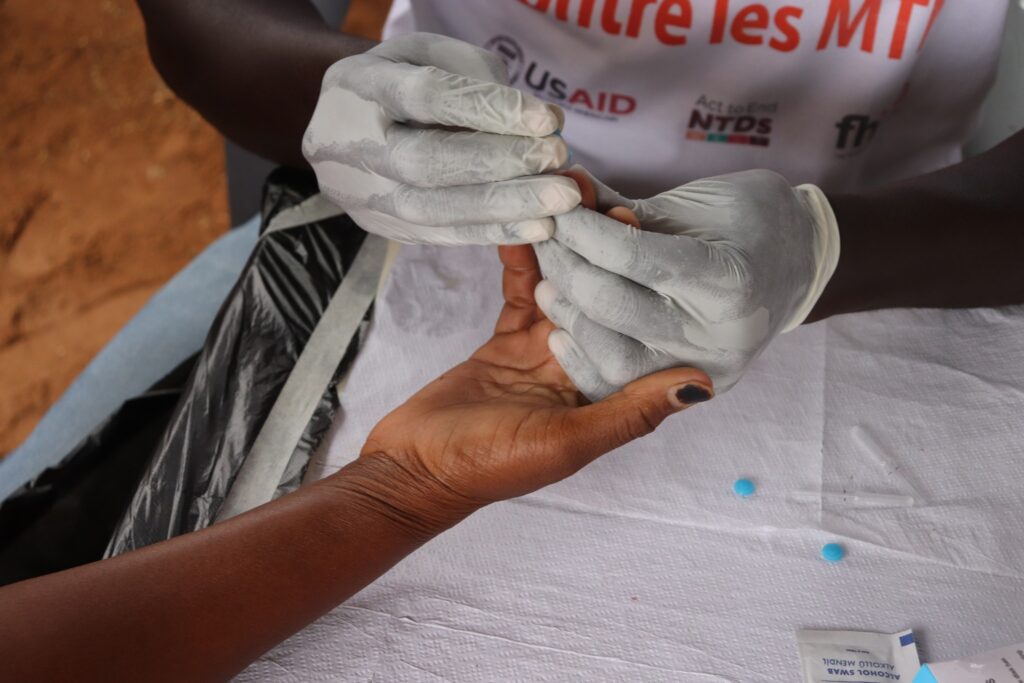
The Gambia
In the case of The Gambia, the government has, as at February 12, 2025, assured that it was assessing the extent of the funding freeze.
The Information Minister, Dr Ismaila Ceesay, told a local newspaper, The Standard “This situation is evolving and governments worldwide, including The Gambia, are closely monitoring developments.
“The US government is a key partner in our transitional justice process, and if these measures become permanent, we will assess the implications and determine the appropriate course of action,” Dr Ismaila Ceesay said.
The newspaper added that in The Gambia, aside the disruptions to health and other critical aspects of the economy, civil society organisations have also raised concerns about its implications on the establishment of an ECOWAS Hybrid Court to try crimes under former President Yahya Jammeh.
It is instructive that most USAID funding freeze concerns in local Gambian media have been focused on the impact on the formation of the regional court meant to try crimes under Jammeh’s over two-decade rule. (here, here, here).
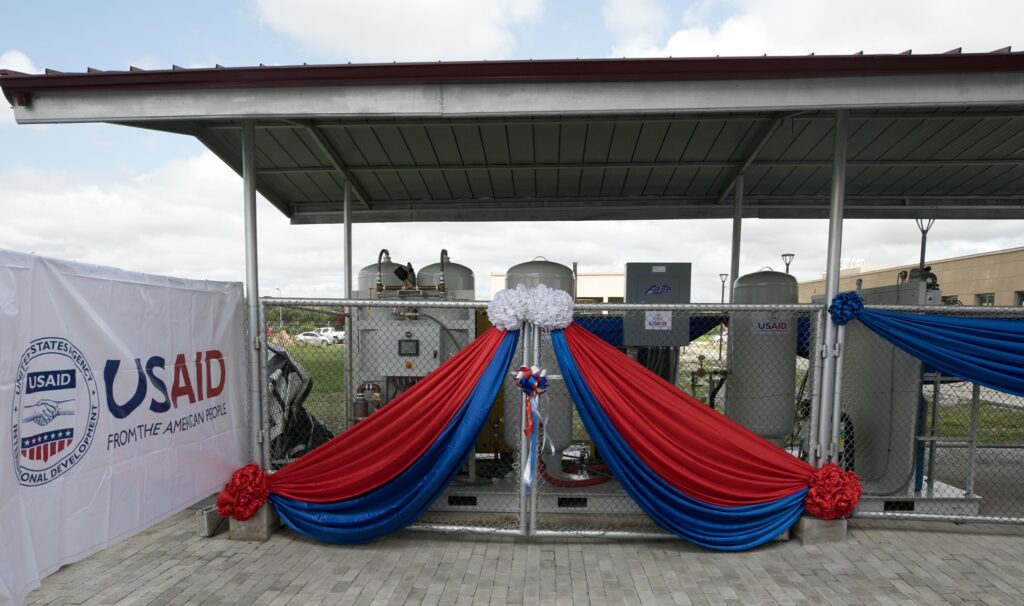
Like the other African countries above, USAID funding in Sierra Leone focused on health, governance (i.e promoting democratic institutions, civic engagement), economy, climate change, and agriculture.
The main aim being to provide “equitable and high-quality healthcare services to the population while fostering a more inclusive and accountable government.”
While recent funding cuts are set to affect the USAID projects’ execution, FactSpace West Africa has not seen any formal reaction by the government on the issue.
Researched by Alfa Shaban
